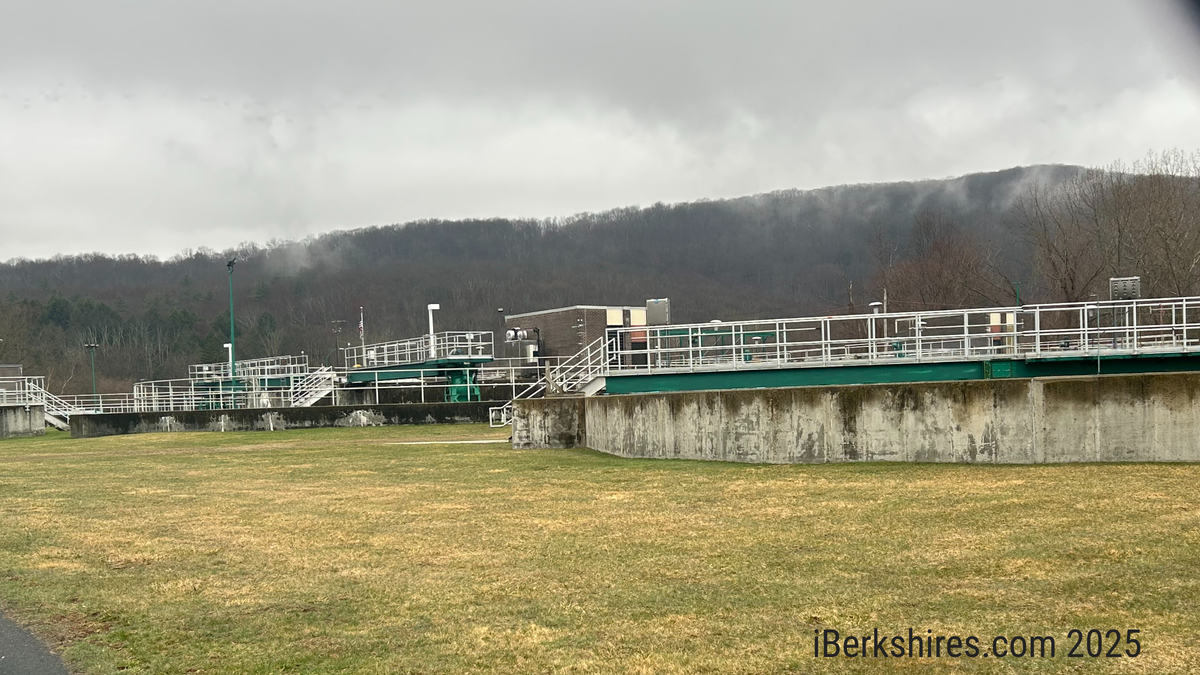
Spruces Owners Sue Williamstown, State
WILLIAMSTOWN, Mass. — The owners of the Spruces Mobile Home Park have filed a lawsuit to force local and state officials to discuss utility problems in the park.Morgan Management, the park's owners, have filed a lawsuit against the town and the state attorney general in hopes of sorting out the park's responsibility for electricity on the west side of the park after multiple residents have gone to Housing Court to force the company to turn the electricity back on. The company's electrician had previously ruled that the electrical infrastructure to about 80 homes on the west side of the park was too damaged by the flooding from Hurricane Irene to re-energize those homes.
"People shouldn't get too alarmed when I say they filed a suit. They're asking the court to rationalize what's happening on the west end of the park and Morgan's only alternative is to get in front of a judge to get rationalize it," Town Manager Peter Fohlin told the Board of Selectmen on Monday night. "Their major concern is that park tenants were going to the Housing Court one here, one there, in sort of a helter skelter fashion and Morgan Management is asking the court to bring all of those questions together."
Recently, residents filed complaints in Housing Court in Pittsfield to get the company to restore power to many homes on the west side. An agreement was reached that forced the company to restore power to some of the units — four of which have been energized.
Attorney General Martha Coakley's office had previously initiated discussion with the company and town officials hope that the office takes over the legal issues there.
"I'd rather see the attorney general use her hammer to deal with it rather than us using our fly swatter," Fohlin said. "I hope Williamstown doesn't have to be the gorilla in this situation. I hope the Attorney General takes that on."
Fohlin said the town does not have a clear sense of what will happen to most of the trailers. Currently, 50 homes have been given permits for reoccupancy and 25 units have received demolition permits. A total of 84 homes now have electricity but not all of those will become reoccupied, Fohlin said. However, the fate of more than 100 homes is still uncertain.
"We have been told that Morgan Management intends to remove all of their trailers," Fohlin said.
According to Selectwoman Jane Allen, the company owns about 11 or so of the trailers. Chairman Thomas Sheldon asked if the town has any recourse in removing homes that may be abandoned or posed a health threat but Fohlin said that question has not been examined yet. The hope is that the attorney general will take charge of that and Morgan Management would be responsible for removing the abandoned trailers instead of Williamstown taxpayers, Fohlin said.
Meanwhile, organizations are banding together to help build more affordable housing in town. Sheldon said he hopes those groups and individuals — including the Affordable Housing Committee and Higher Ground — share resources and engage all members of the community during upcoming public meetings.
"We here will support that effort," Sheldon said on behalf of the board. "We have a shortage and that shortage was exasperated by Hurricane Irene.
Morgan Management Complaint
Commonwealth's Answer
Tags: Irene, Spruces,
















